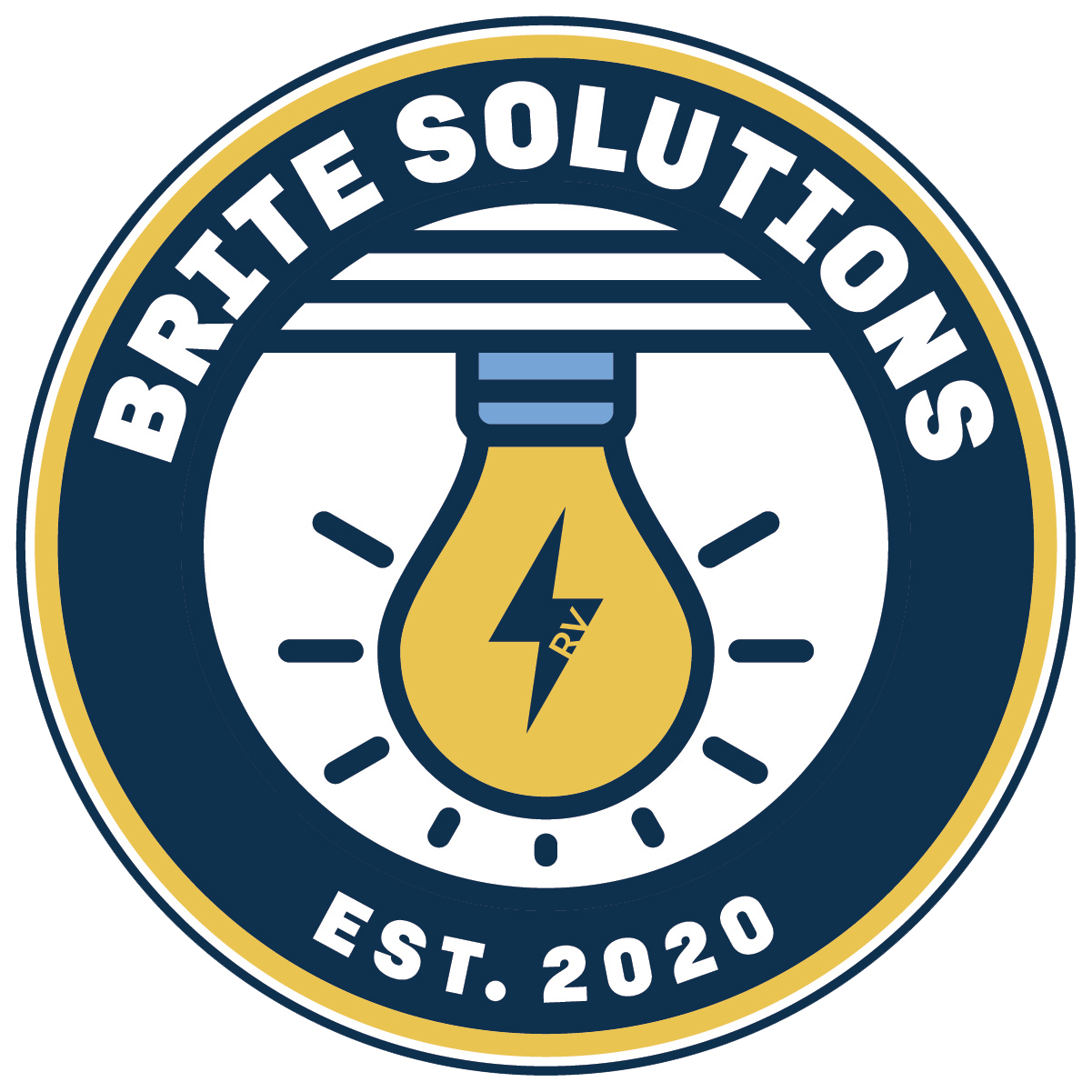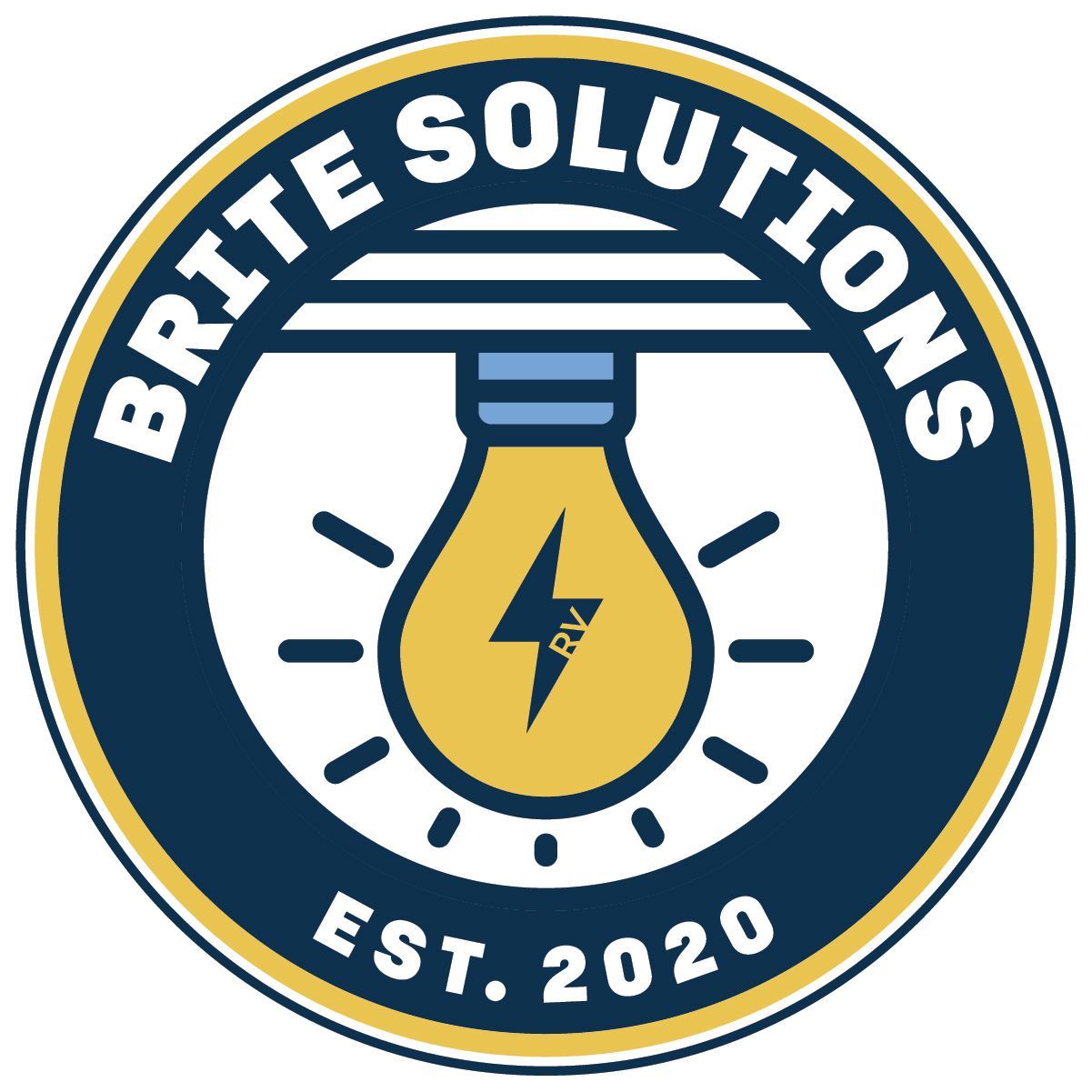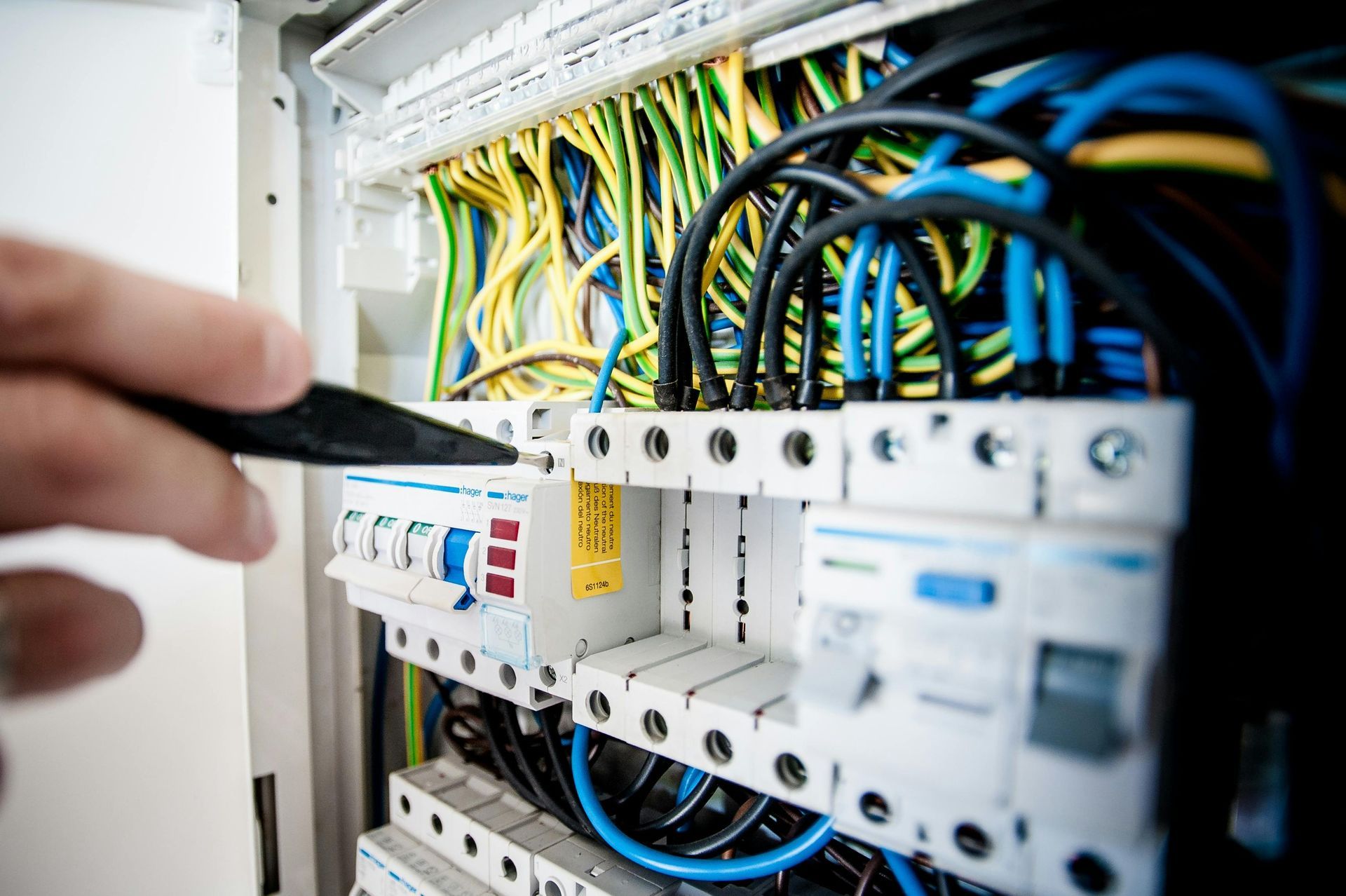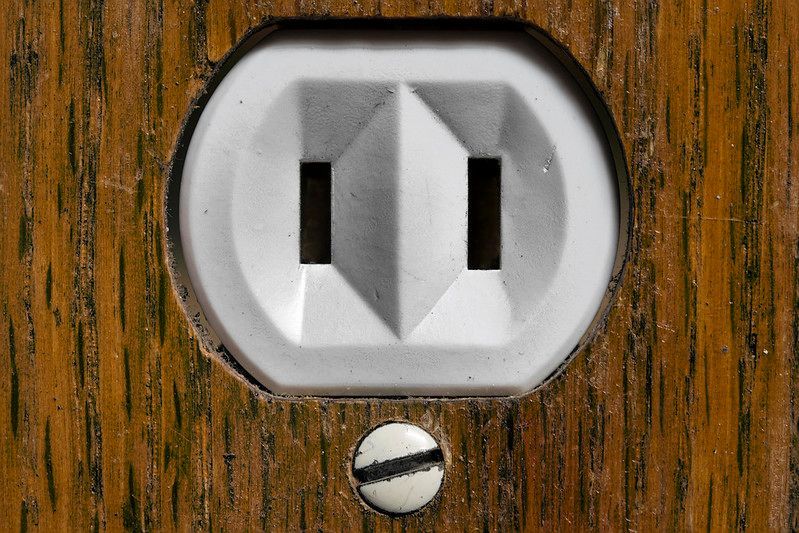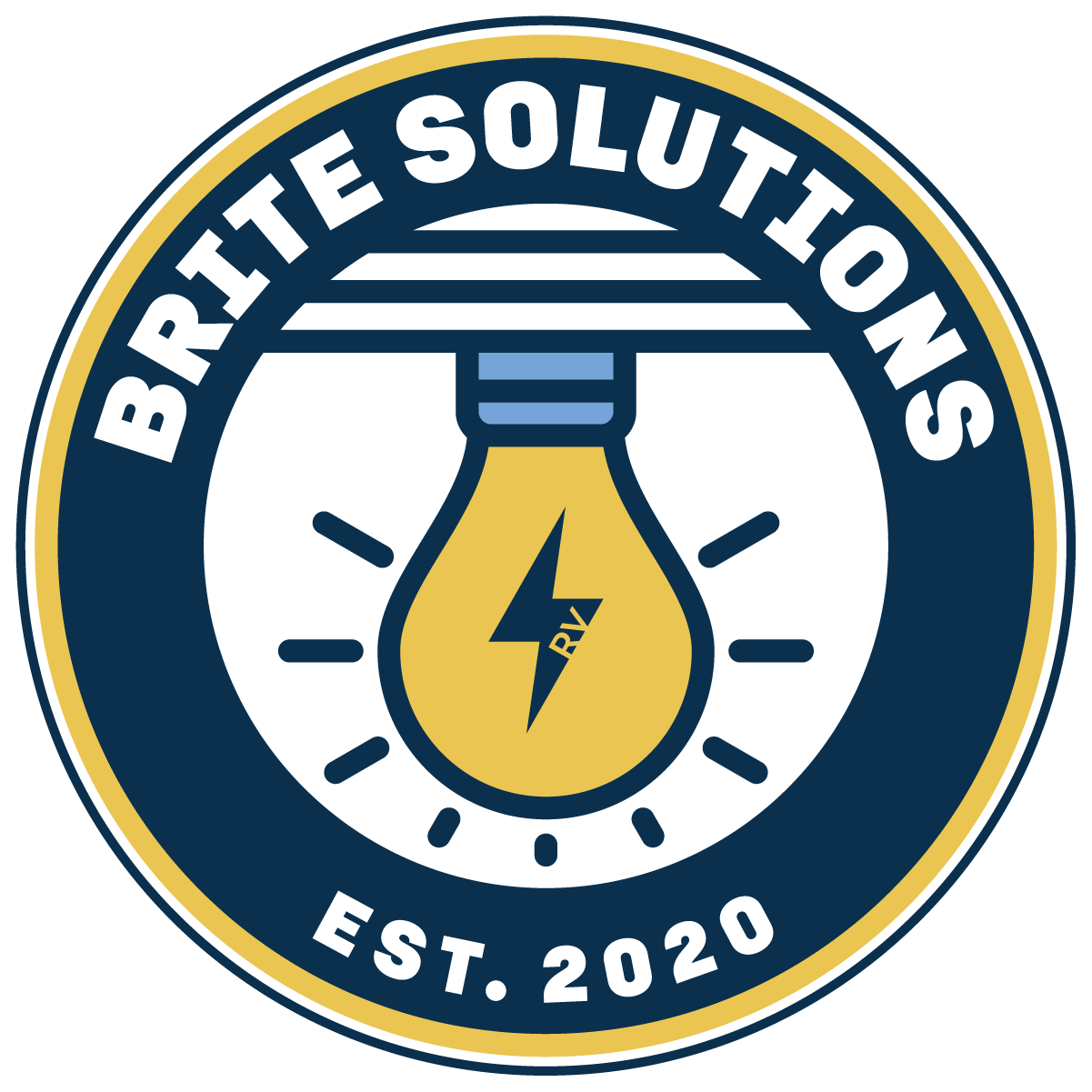5 Electrical Code Tips Every Restaurant Owner Should Know
- Make Sure Your Electrical Panel Can Handle Kitchen Loads
- Use Dedicated Circuits for Heavy-Duty Equipment
- Don’t Overlook GFCI and AFCI Protection
- Schedule Regular Electrical Inspections
- Ensure Emergency Lighting and Exit Signs Are Functioning
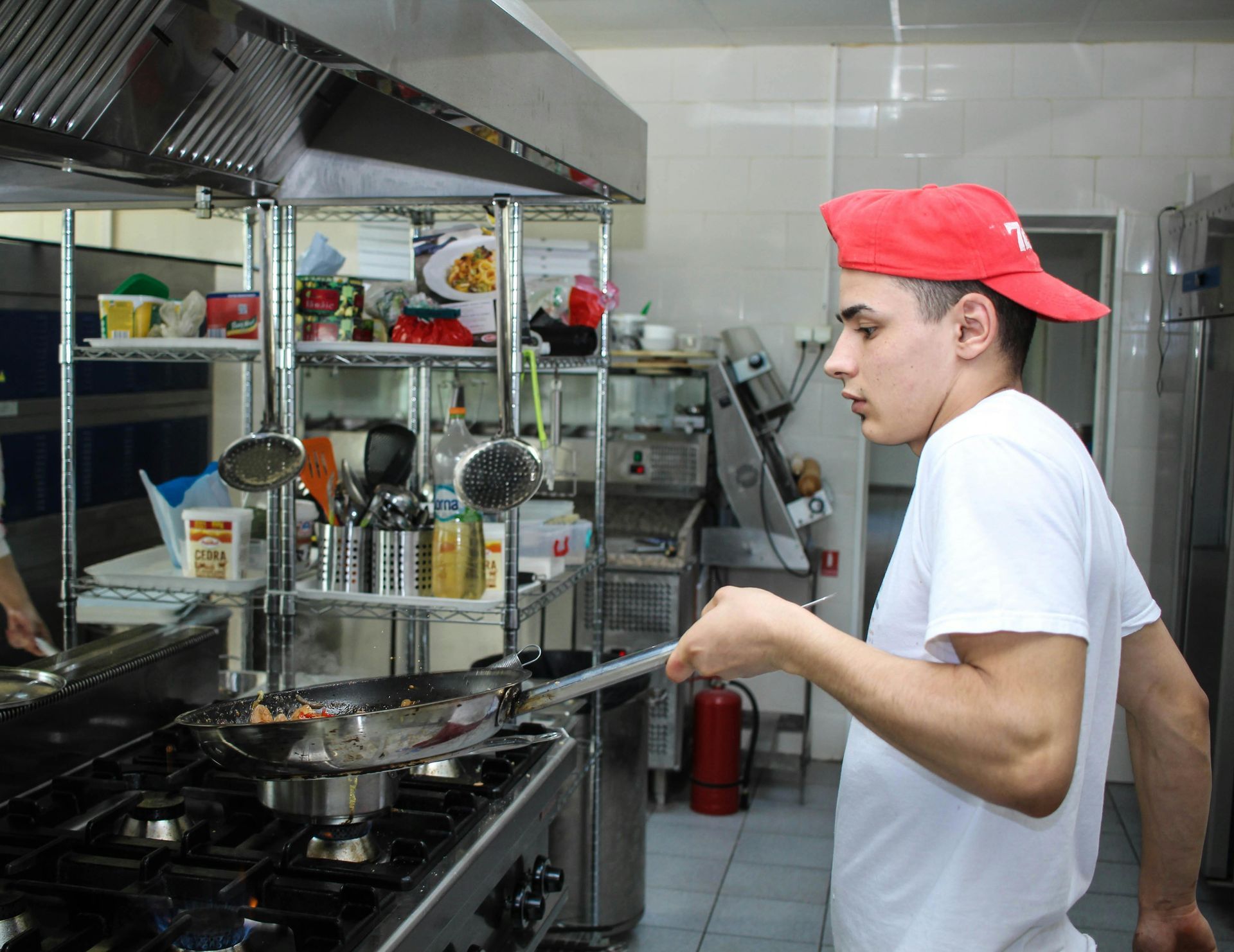
Commercial kitchens are packed with high-draw equipment—ovens, fryers, refrigerators, dishwashers, and more.
Your electrical panel needs to be sized appropriately to meet this demand.
What to Watch For:
- Frequent breaker trips when multiple appliances run at once
- Lights dimming during peak hours
- Overheating at the panel or outlets
💡
Tip:
Always work with a licensed commercial electrician to evaluate your power load.
An undersized panel isn’t just inefficient—it’s dangerous.
2. Use Dedicated Circuits for Heavy-Duty Equipment

Health and building codes often require dedicated circuits for critical appliances like walk-in coolers and exhaust hoods. Shared circuits increase the risk of overload and can result in equipment failure or even fire.
What to Watch For:
- Multiple high-wattage appliances sharing the same breaker
- Outlets that feel warm or show discoloration
- Buzzing or popping sounds when appliances cycle on
💡 Tip:
If you’re expanding your kitchen, make sure to plan for additional circuits
to accommodate growth.
3. Don’t Overlook GFCI and AFCI Protection
Ground Fault Circuit Interrupters (GFCIs) are required in areas where moisture is present—like prep sinks, dishwashing stations, and restrooms. Arc Fault Circuit Interrupters (AFCIs), meanwhile, detect dangerous electrical arcs that could cause a fire.
What to Watch For:
- Standard outlets in wet or high-risk areas
- No GFCI “reset/test” buttons
- Breakers that aren’t labeled AFCI/GFCI where they should be
💡 Tip:
These devices are not optional—they're required by the National Electrical Code (NEC) and local authorities.
4. Schedule Regular Electrical Inspections
Electrical systems in restaurants take a beating. Heat, humidity, grease, and constant use all contribute
to wear and tear. That’s why regular inspections are so important.
What to Watch For:
- Frayed cords or exposed wires near appliances
- Flickering lights in high-use zones
- Loose outlet covers or conduit fittings
💡 Tip:
Preventative maintenance is far less expensive than emergency repairs
or code violation fines.
5. Ensure Emergency Lighting and Exit Signs Are Functioning
It’s easy to forget about backup lighting systems—until you need them. Building and fire codes require
emergency exit signs and lighting to be operational at all times, with backup power in case of outage.
What to Watch For:
- Exit signs that are dim or not illuminated
- Dead backup batteries or failed monthly testing
- Burned out or flickering bulbs in emergency lights
💡 Tip:
Most codes require
monthly inspections of these systems.
Keep a log, and test backup power regularly.
Partner with Brite Solutions LLC for Code-Compliant Commercial Electrical Work
At Brite Solutions LLC, we specialize in helping restaurant owners maintain safe, efficient, and fully code-compliant electrical systems.
Whether you're opening a new kitchen, upgrading your panel, or scheduling your annual inspection
—we’ve got your back!
✅ Licensed & insured commercial electricians
✅ Full compliance with NEC and local codes
✅ Flexible scheduling to minimize kitchen downtime
Ready to Schedule a Restaurant Electrical Inspection?
Brite Solutions LLC offers expert inspections and safe, code-compliant inspections
to help you precent downtime and lost revenue - for your peace of mind.
👉
Click here to schedule an inspection with Brite Solutions LLC today!
